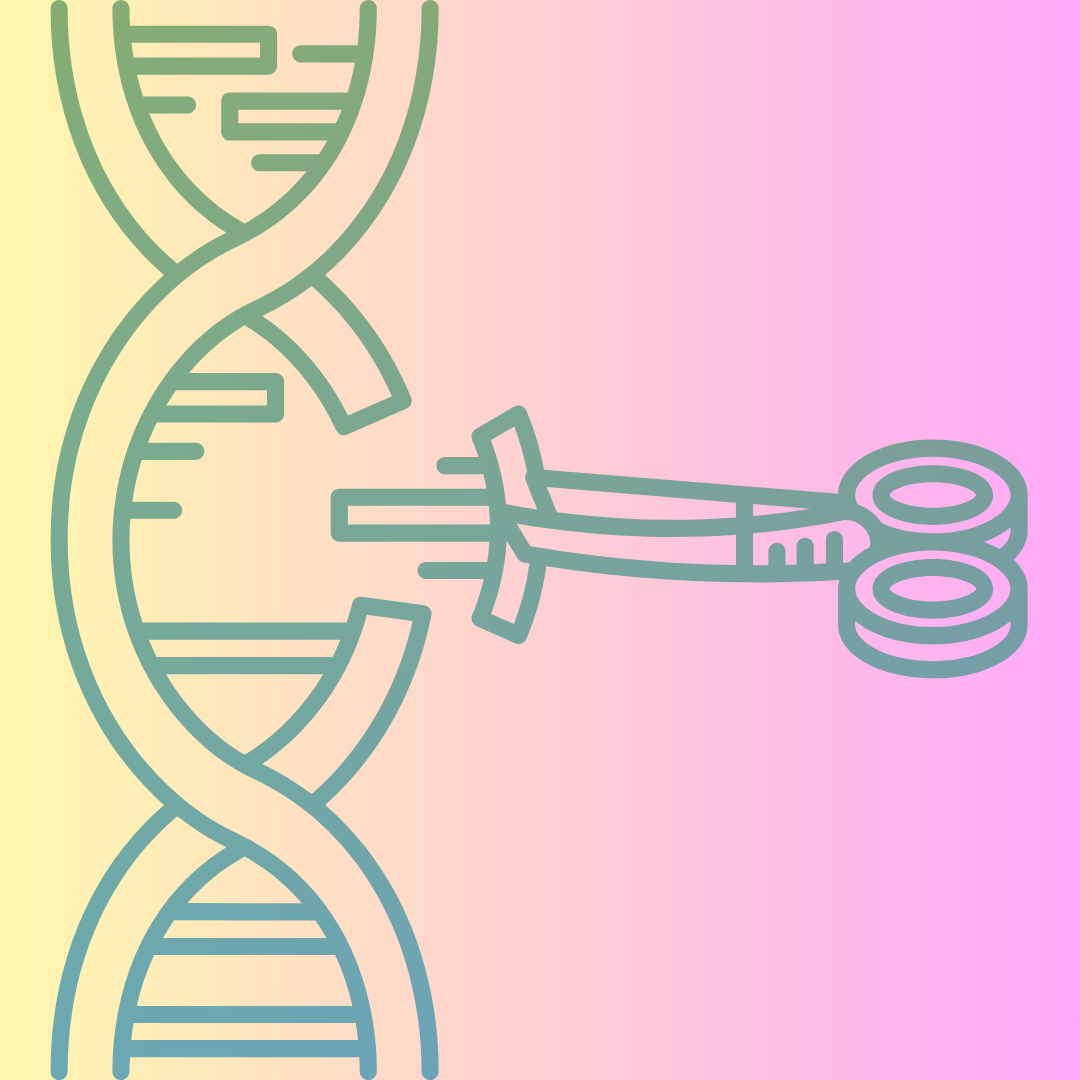CGS-authored

A little-noticed change to South Africa’s national health research guidelines, published in May of this year, has put the country on an ethical precipice. The newly added language appears to position the country as the first to explicitly permit the use of genome editing to create genetically modified children.
Heritable human genome editing has long been hotly contested, in large part because of its societal and eugenic implications. As experts on the global policy landscape who have observed the high stakes and ongoing controversies over this technology — one from an academic standpoint (Françoise Baylis) and one from public interest advocacy (Katie Hasson) — we find it surprising that South Africa plans to facilitate this type of research.
In November 2018, the media reported on a Chinese scientist who had created the world’s first gene-edited babies using CRISPR technology. He said his goal was to provide children with resistance to HIV, the virus that causes AIDS. When his experiment became public knowledge, twin girls had already been born and a third child was born the following...



